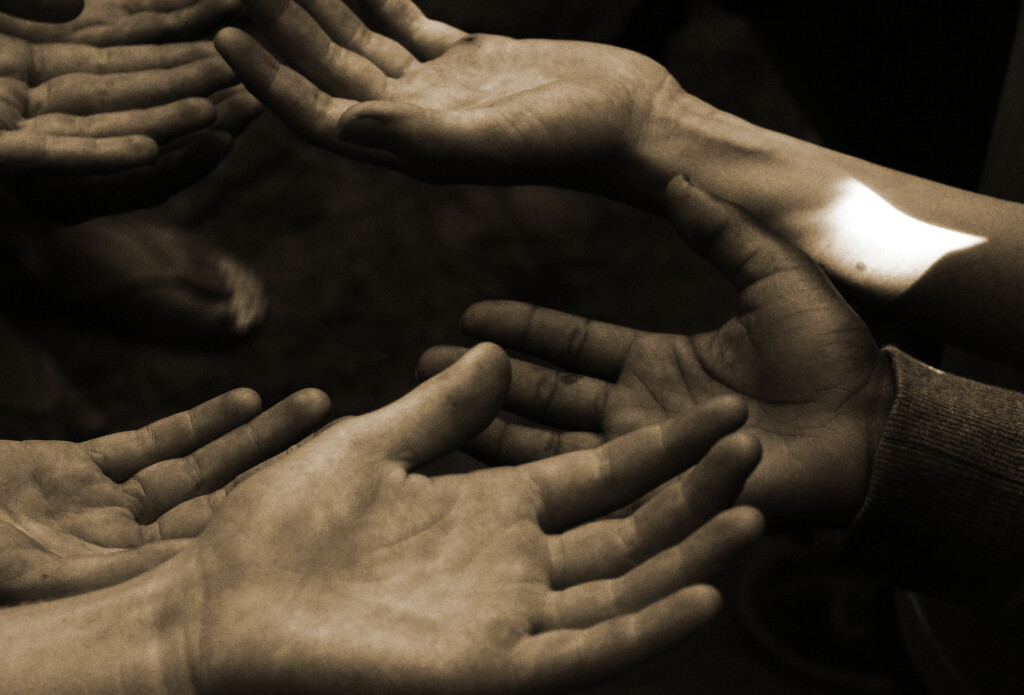Parashat R’eh
Deuteronomy 11:26-16:17
Our Torah portion begins with a dramatic declaration: “Look (r’eh)! I put (noten) before you today blessing and curse.” (Deut. 11:26) It seems that Moses gives (noten) the Children of Israel a stark choice: will they choose blessing or curse? But that question is actually a step after the declaration itself. The declaration is not a question, but a statement of fact. Blessing and curse are given over to the Israelites in order that … well, simply in order that they look at them and see them. First they must perceive the blessing and the curse. First they must see that blessing and curse lie before them. And then they will have to decide what to do about them.
What does it mean to “put” blessing and curse before the people? One way to understand this is to think of the placement as a threat – “I can bless you or curse you. Watch out!” But if we recall the origins of our story, when God first spoke to Abraham, we may appreciate a different shade of meaning here. God says to Abraham, “And be a blessing.” (Gen. 12:2) This is not simply a commandment. As Rashi explains, God is saying, “All the blessings are put (n’tunot – given) in your hands. Until now they were in My hands.”
Putting blessing and curse before the people means that these entities or forces are being transferred from one set of hands to another. God – and Moses – has relinquished the blessing and the curse and has given them over into human hands. Like an Amazon delivery, they are simply put before us. The delivery agent can walk away. The package sits there, for us to see. Yes, we are the correct addressees. The delivery has arrived. Now what?
With that question we again begin, as we invariably do every year when we read this Torah portion, the new month of Elul, the month of preparation for a New Year.
Shabbat Shalom
Rabbi David Greenstein
Subscribe to Rabbi Greenstein’s weekly d’var Torah
Photo by McKenna Phillips on Unsplash
Thank you to John Lasiter for suggesting the title and selecting an image for this Torah Sparks – Rabbi Greenstein
- Toby Stein: In Memoriam - Thu, Feb 8, 2024
- Faithfulness and Hope: Parashat Sh’lach - Thu, Jun 23, 2022
- Past Their Prime: Parashat B’ha`a lot’kha - Thu, Jun 16, 2022

